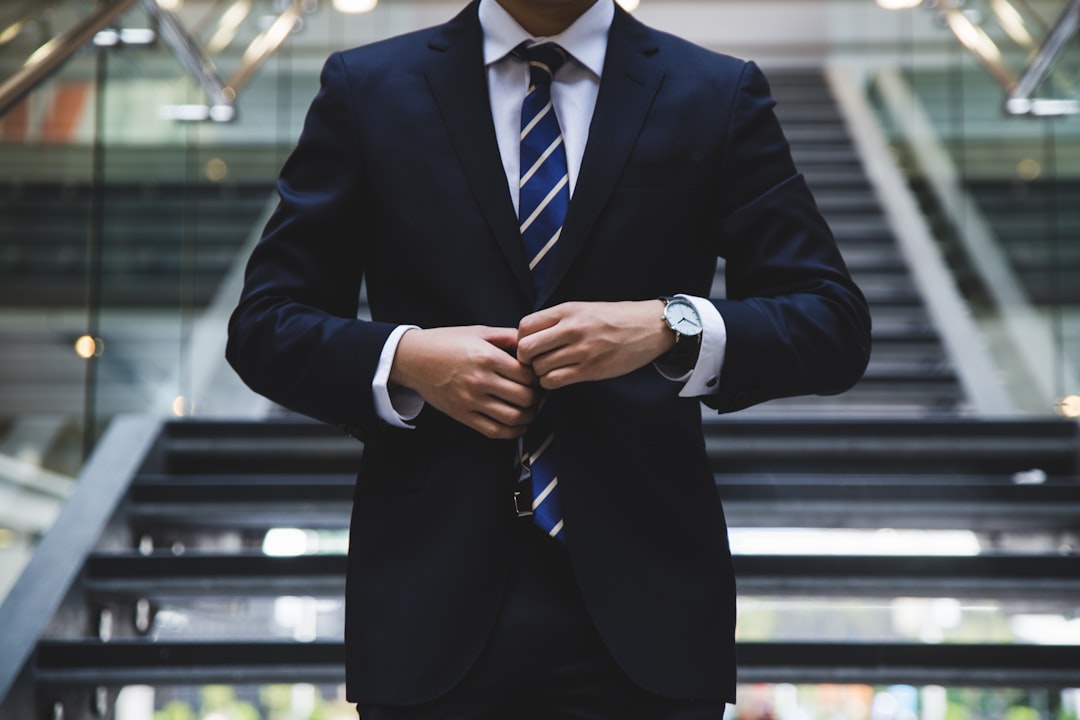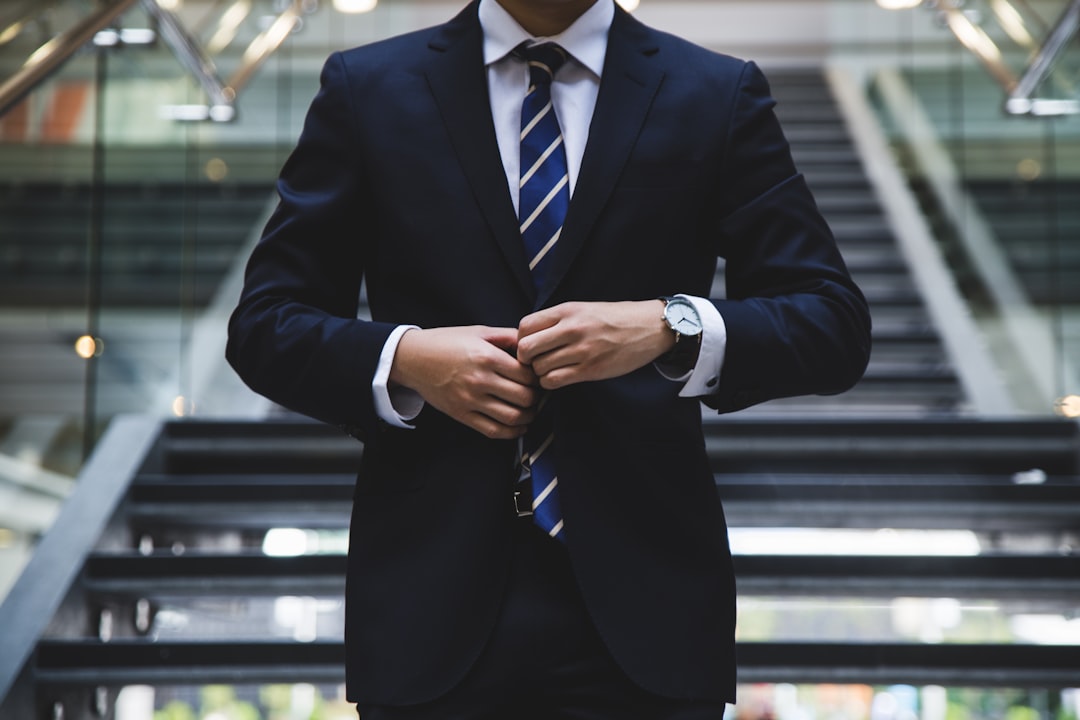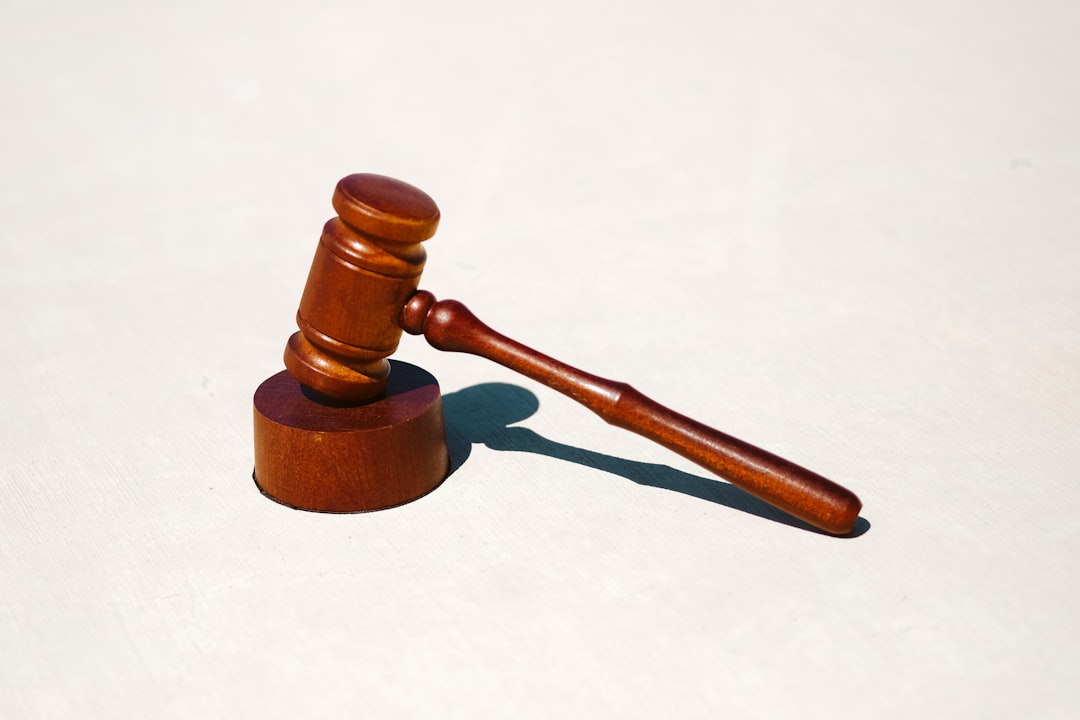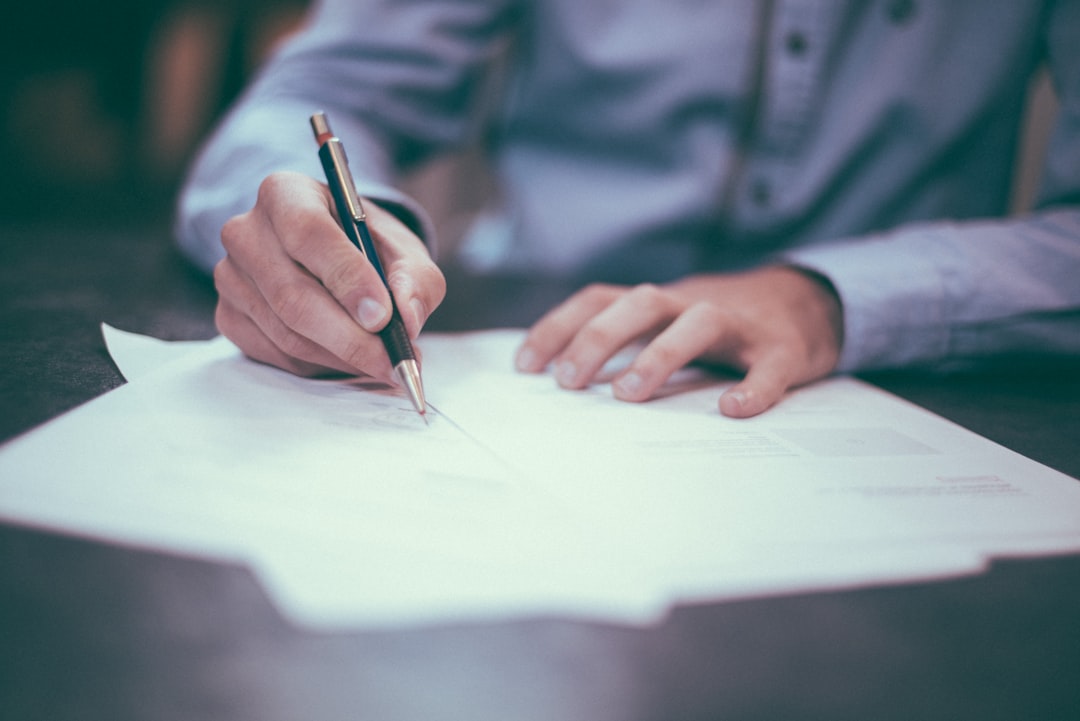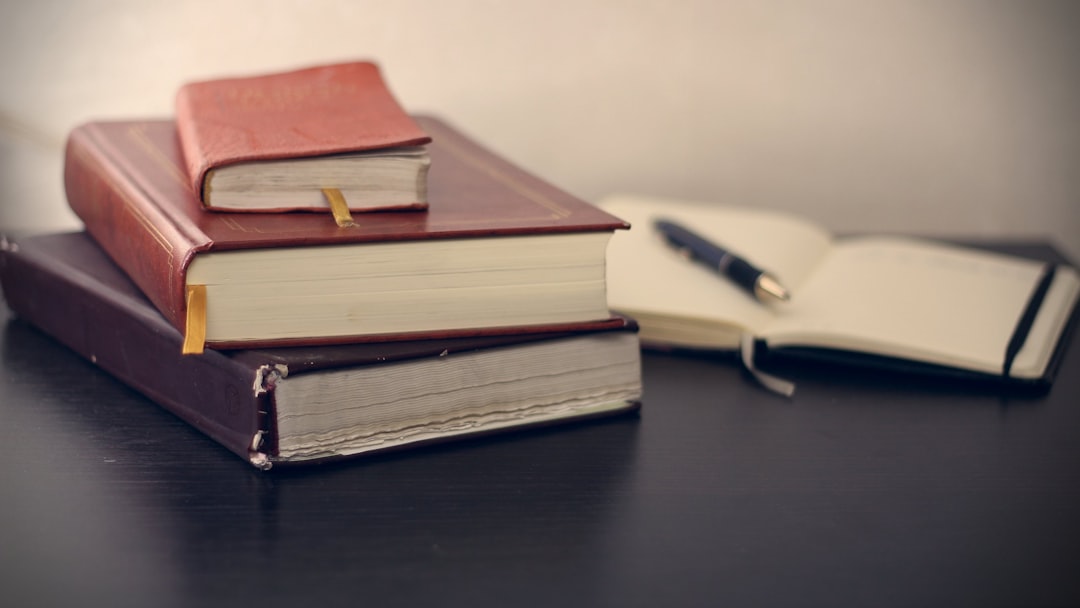Sexual abuse in Colorado's schools is a pressing issue, with many cases unreported due to fear and shame. To combat this, a multi-faceted strategy is required, including specialized training for staff to recognize and respond to abuse, encouraged reporting systems, and swift action. Engaging school abuse lawyers and attorneys from Colorado law firms is vital for establishing robust policies, conducting investigations, and fighting for victims' rights, aiming to create safer learning spaces. Through comprehensive training, open cultures, and parental engagement, Colorado schools can better protect students, adhering to legal obligations and mitigating potential risks.
In Colorado, addressing sexual abuse within schools is paramount. Despite efforts, understanding and preventing such incidents remain critical. This article delves into the significance of ongoing training as a powerful tool to foster a safe learning environment. We explore the prevalence and impact of school abuse, focusing on legal obligations for educational institutions. Key components of effective prevention programs will be discussed, highlighting the role of specialized attorneys and law firms dedicated to school abuse cases in Colorado, ensuring accountability and justice.
Understanding the Prevalence and Impact of Sexual Abuse in Colorado Schools

Sexual abuse in Colorado schools is a pressing issue that demands continuous attention and proactive measures. According to recent studies, the state has seen a rise in reported incidents of school-related sexual misconduct, highlighting the need for robust prevention strategies. Many cases go unreported due to various factors, such as fear, shame, or mistrust, but available data indicates a concerning trend. The impact on victims is profound and long-lasting, affecting their mental health, academic performance, and overall well-being.
The prevalence of school abuse in Colorado necessitates a multi-faceted approach. Targeted training programs can empower students, teachers, and staff to recognize potential red flags, foster safe reporting environments, and ensure prompt responses to incidents. By involving professionals like school abuse lawyers, attorneys, and law firms from Colorado, educational institutions can implement effective policies and procedures. These legal experts can provide guidance on best practices, conduct investigations, and advocate for the rights of victims, thereby contributing significantly to creating a safer learning environment in Colorado schools.
The Role of Ongoing Training in Fostering a Safe Learning Environment

Ongoing training plays a pivotal role in fostering a safe and nurturing learning environment within Colorado schools. It equips educators, administrators, and support staff with the knowledge and skills to recognize potential signs of sexual abuse, understand the dynamics of abuse, and respond effectively. This continuous education goes beyond initial orientation programs, providing regular updates on best practices, emerging trends in prevention, and legal guidelines related to school abuse cases. By engaging in these training sessions, school personnel become more attuned to the unique challenges faced by students, enabling them to create a culture that actively discourages and prevents sexual misconduct.
In Colorado, where the law firm of School Abuse Lawyers (or any similar firm) advocates for victims’ rights, ongoing training is not just a recommendation but a necessity. It empowers school communities to address issues proactively, ensuring that students feel secure and supported. Regular training sessions can also serve as a platform for open dialogue, encouraging staff and students alike to share experiences, raise concerns, and collectively work towards a zero-tolerance policy for school abuse. This proactive approach not only protects students but also serves as a powerful deterrent against potential perpetrators.
Key Components of Effective Sexual Abuse Prevention Programs

Effective sexual abuse prevention programs in Colorado schools encompass several key components that work together to create a safe and supportive environment for students. Firstly, comprehensive training is vital. This includes education for both staff and students on recognizing signs of abuse, understanding consent, and responding appropriately to potential incidents. Regular workshops and seminars led by reputable school abuse lawyers or attorneys from top Colorado law firms can equip educators with the latest knowledge and best practices.
Additionally, these programs should foster an open and supportive culture where students feel comfortable discussing sensitive topics. This involves implementing reporting mechanisms that ensure student voices are heard without fear of retaliation, along with clear policies and procedures for handling allegations. A strong support system, including access to counseling services, is equally important to help survivors navigate the aftermath of abuse. Engaging parents and caregivers through informative sessions led by school abuse attorneys can also create a unified front in preventing and addressing such incidents.
Legal Obligations and Responsibilities for Educational Institutions in Colorado

Educational institutions in Colorado have a legal obligation to maintain a safe and secure environment for all students. This includes proactive measures to prevent and address sexual abuse, as outlined by state laws and regulations. Schools must implement comprehensive policies and procedures to protect students from any form of abuse, including sexual harassment, assault, and exploitation. Failure to do so can result in severe legal consequences for the institution and its officials.
In Colorado, schools are required to have designated personnel responsible for handling reports of abuse, conducting investigations, and ensuring appropriate interventions. This often involves collaborating with local law enforcement and external agencies specializing in child protection. A school abuse lawyer or attorney in Colorado can guide institutions on navigating these legal responsibilities, helping them establish robust systems to identify, report, and prevent sexual abuse within their communities.

